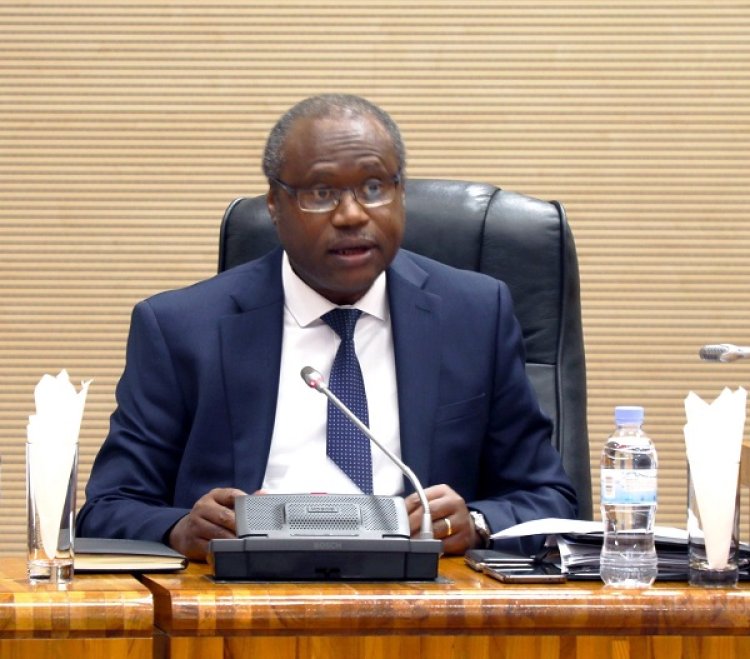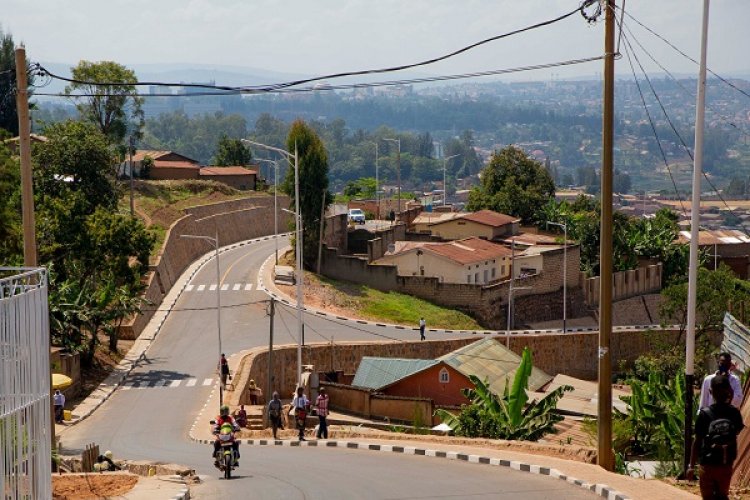Kigali City will spend Rwf12.2 billion more in its budget for the current fiscal year after receiving additional allocation from the treasury to cater for key infrastructure projects.
The municipality increased its initial Rwf115.4 billion 2021/2022 spending to Rwf127.6 billion, according to the revised budget document approved by City council on March 1, which RwandaPost has seen.
In particular, the treasury increased its transfers by Rwf9.3 billion, bringing total central government transfers to the municipality to Rwf54.7 billion in the current fiscal year.
This is as the City authorities grappled with a drop in own revenues and transfers from other agencies by Rwf512.4 million and Rwf1.4 billion respectively, even as they faced pressure to expedite key projects in preparation of the upcoming Commonwealth Heads of Government Meeting (CHOGM) scheduled in the week of June 20, 2022.
Tame gridlock
Works on several infrastructure projects such as road creation, expansion or upgrade to help tame gridlock derailed due largely to the pandemic and budget constraints, among other factors.
Details of the 2022 revised budget approved by the municipal council show at least 27 initially planned activities were suspended while budgetary allocations were cut on 48 others ostensibly to cater for eight new priority activities which were introduced and budgeted for.
The council resolution did not state what the specific activities are.
However, details obtained by Post show construction of new roads will take up a huge portion of the budget, alongside upgrading of existing roads, street lighting and completion of on-going road infrastructure projects.
The municipality will equally spend big on construction and supervision works of unplanned settlements infrastructure upgrading citywide in areas such as Gatenga, Nyabisindu and Nyagatovu, among others.
Critical data
There is also payment for the consultancy services and studies related to the Kigali City storm water masterplan, as well as expropriations for the municipal landfill and the fecal sludge treatment plant in the outskirt Nduba and Masaka respectively.
Kigali’s new master plan was unveiled in September 2020 without a storm water management component pending completion of ‘comprehensive studies’ to provide critical data to guide designs of a new municipal drainage system in view of the 2050 City growth projection.
Meanwhile, the municipality has been carrying out extensions of drainages in areas of the city deemed to be flood risk hotspots in a bid to mitigate recurrent floods.










